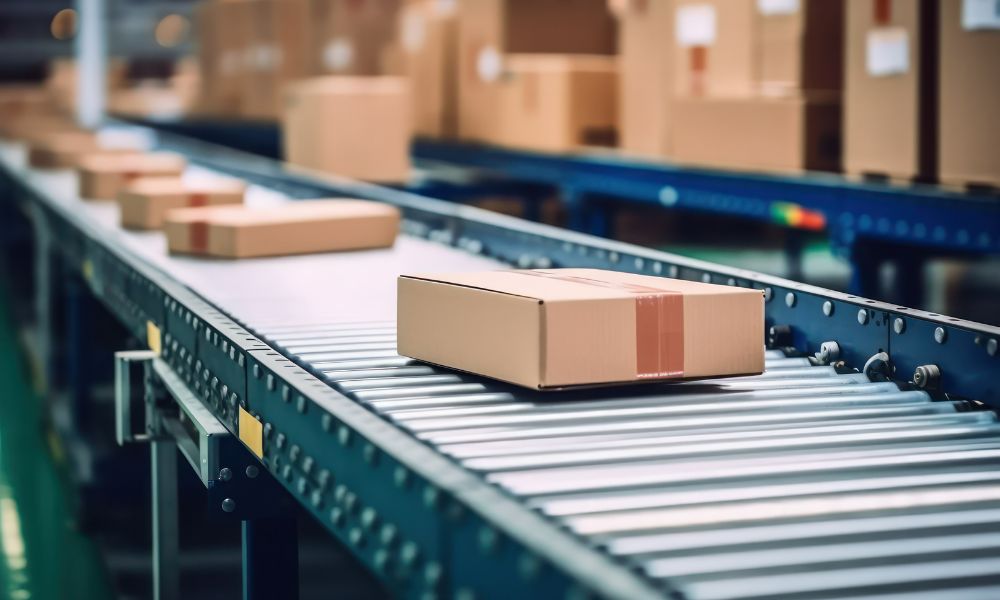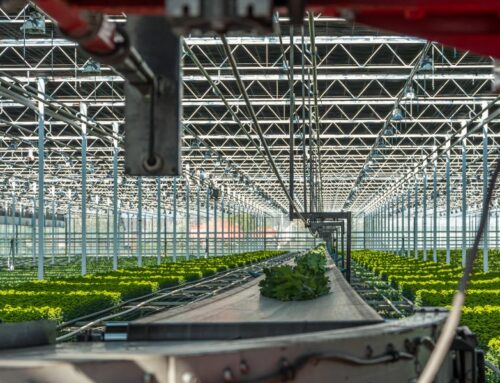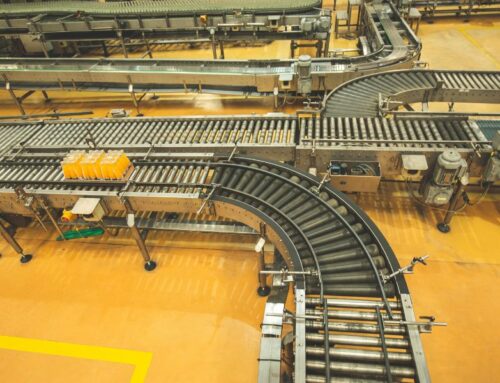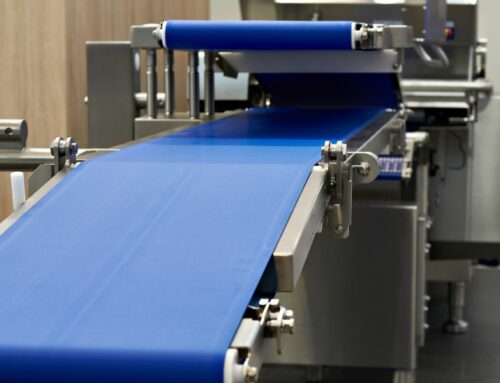
Conveyor belts have significantly changed the bulk processing industry, particularly in the manufacturing and transporting of goods. Back in the day, transportation of bulk materials would often require the need for labor-intensive processes and heavy-duty equipment.
However, these dilemmas are not prevalent anymore with advancements in technology and innovation. Let’s examine how conveyor belts have changed bulk processing and their significant impact on the industry.
Maintenance and Reduced Downtime
One of the significant changes that conveyor belts have brought to bulk processing is the establishment of machine and belt condition monitoring. Automatic belt tracking, wear detection, and early failure detection systems for slippage, jams, and other problems have led to increased maintenance, reducing downtime. Since conveyor belts now last much longer, manufacturers can save significant money that used to be funneled to dealing with unplanned downtime and frequent repairs.
Increased Processing Speed and Efficiency
Conveyor belts have also ensured an increase in processing speed and efficiency. The ability to handle a higher volume and faster pace with little human effort has significantly improved product output. With the integration of artificial intelligence in conveyor belt systems, manufacturers can streamline their processes while improving overall efficiency and output.
Improved Safety Measures
In the past, one of the major concerns in steam-powered conveyor belt systems was safety. A more precise control and monitoring system is now possible with conveyor belts, providing better worker protection. Also, automation in conveyor systems has significantly reduced physical contact, lowering the number of accidents at worksites.
Customization
Conveyor belts are highly versatile systems that you can adapt to specific industry needs. They are a common sight and an essential component of many industries, from mining to food processing. Customizable features include materials, belt thickness and inclination angle, conveyor length, width, and drive systems. The flexibility of conveyor belts has facilitated the unique needs of manufacturers and made bulk processing a straightforward endeavor.
Sustainability
With environmental awareness as a primary concern, conveyor belts have also undergone significant changes to reduce their carbon footprint. For instance, modern conveyor belts come with eco-friendly components that minimize energy consumption. Additionally, newer conveyor belt designs use recycled materials, reducing the wastage of resources. These measures significantly contribute to preserving the ecosystem.
Conveyor belts helped improve the bulk processing industry in various ways. They have transformed the industry by providing smart maintenance, automation, efficiency, safety, customization, and sustainability. With the latest technologies and innovations, future conveyor belts will bring even more advancements to the bulk processing industry. As industrialists continue investing in this technology, our society is likely to see further innovations that will profoundly impact our daily lives.
If you need incline conveyors for your bulk processing needs, Redline Systems is your one-stop shop for all your conveyor needs. Our products can meet the highest industry standards and provide an efficient, reliable, and cost-effective solution. Contact us today to learn more about our extensive range of incline conveyors and how they can help you take your business to the next level!



